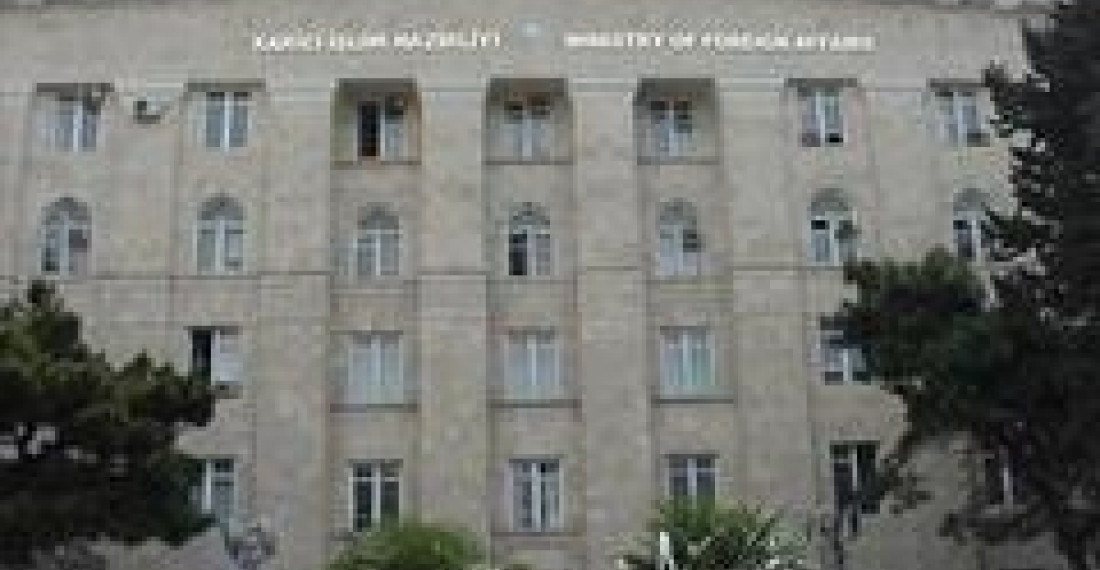The Minister of Foreign Affairs of Azerbaijan Elmar Mammadyarov met in New York with the co-chairs of the OSCE Minsk Group, Robert Bradtke of the United States and Igor Popov of Russia. An Azerbaijani Foreign Ministry said that they discussed the process of negotiations for the peaceful settlement of the Nagorno Karabakh conflict and emphasized the importance of continuation of this process\".
Minister Mammadyarov said that unfortunately Armenia rejected the renewed Madrid principles and threatened the process of peace negotiations. “The significant progress can be achieved only if Armenia accepts the official document submitted by the Minsk Group co-chairs to Azerbaijan and Armenia in December, 2009”. According to the Foreign Ministry source Azerbaijan once more proposed to start work on a peace agreement based on those principles of the settlement of the process already agreed.
source: commonspace.eu with agency reports
phote: The Ministry of Foreign Affairs of Azerbaijan in Baku







